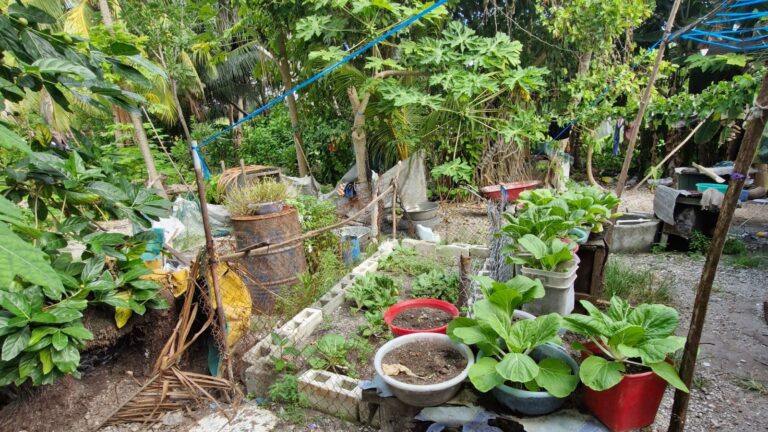Know Your City: Linking community slum data to urban resilience
Kampala, Uganda, is home to 1.39 million slum dwellers. Not long ago, these communities were not even considered a part of the city. They did not appear on any map nor had any access to municipal authorities. This is what the Know Your City campaign allowed to change.
The Know Your City campaign is a joint initiative of Shack/Slum Dwellers International, UCLG-A and Cities Alliance that seeks joint information collection to produce change in cities. The idea is to have communities gather data from the settlements and, in partnership with academia and local authorities, use these data to create maps of the settlements and allow informed decision-making processes.
This simple idea represents a fundamental shift. This program has put people on the map, therefore making them part of the city. Also, creating partnerships between communities, academia and governments allows much more efficient work to be done in order to improve the life of the urban poor.
In Kampala, ACTogether, a national support NGO charged with providing technical and financial assistance to the National Slum Dwellers Federation of Uganda, helped organize forums in the slums, bringing together all stakeholders. To add value to the data gathered by the communities, they created a partnership with the university and eventually, slum dwellers ended up going to the university to teach future urban planners how to gather data. Muhammed Lutwama, executive director of ACTogether, highlighted how these exchanges allow avoiding blanket solutions that are not adapted to the local needs.
The Know Your City campaign has involved over a 200 cities around the world and helped concretely improve the life of slum-dwellers. Beyond these local improvements, it had an important role in changing the mindset of local governments toward slums. Now with a sit at the table, slum dwellers bring an understanding of the city and a vast knowledge that cities really need to build resilient cities.
This blog post is based on discussions from the Resilient Cities 2016 session: ”Know Your City: Linking community slum data to urban resilience”




